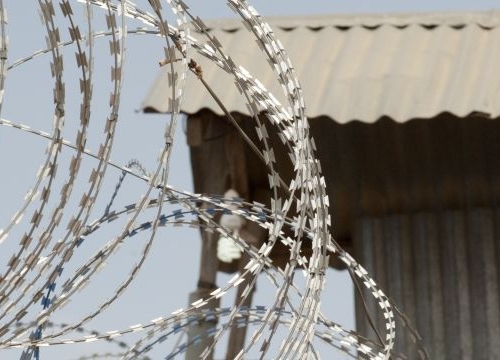The Updated Commentary on the Third Geneva Convention: The Geneva Academy’s Contribution


ICRC
2 June 2020
In 2011, the International Committee of the Red Cross (ICRC) and a team of renowned experts embarked on a major project: updating the Commentaries on the Geneva Conventions of 1949 and their Additional Protocols of 1977.
The updated Commentary on the Third Geneva Convention will be launched online on 16 June where an expert panel, including our Director Professor Marco Sassòli and our LLM alumna Helena Sunnegårdh, Legal Adviser with the Swedish Red Cross, will discuss the Commentary's main findings and will examine how international humanitarian law (IHL) protects prisoners of war.
Contribution by Geneva Academy’s Experts and Alumni
This publication presents, in the form of an article-by-article commentary, developments in how the Third Geneva Convention has been applied and interpreted in practice.
‘Besides my participation in the Editorial Committee of the updated Commentary, several Geneva Academy’s professors and lecturers have been involved in this exercise, including the Head of the Project Team at the ICRC, Jean-Marie-Henckaerts, Professor Gloria Gaggioli and our new Swiss IHL Chair Professor Robin Geiß’ underlines Marco Sassòli, Director of the Geneva Academy.
‘Several alumni, including Lindsey Cameron, Heleen Hiemstra, Yvette Yssar, Jemma Arman and Kvitoslava Krotiuk have also contributed to this important exercise’ he adds.







